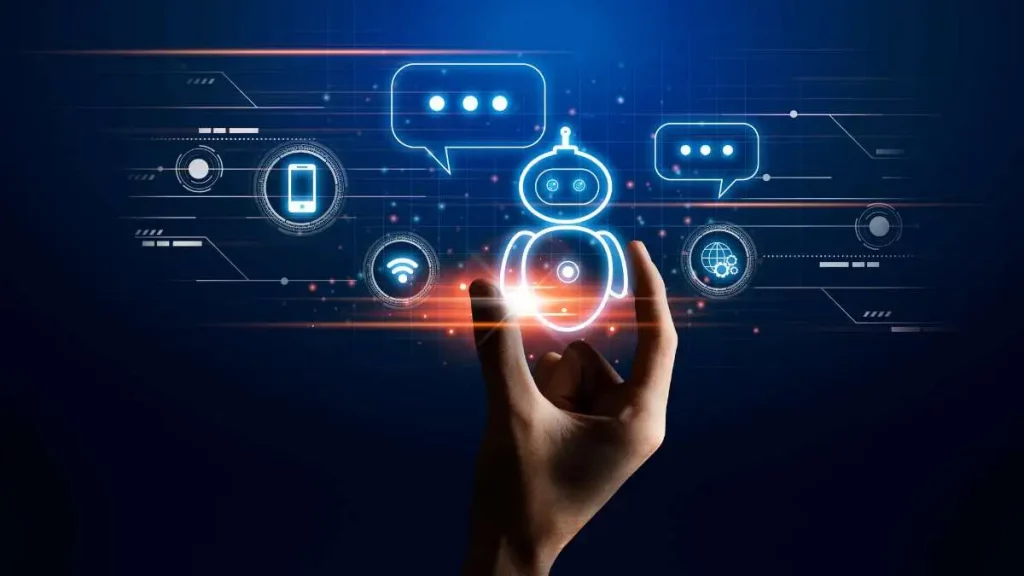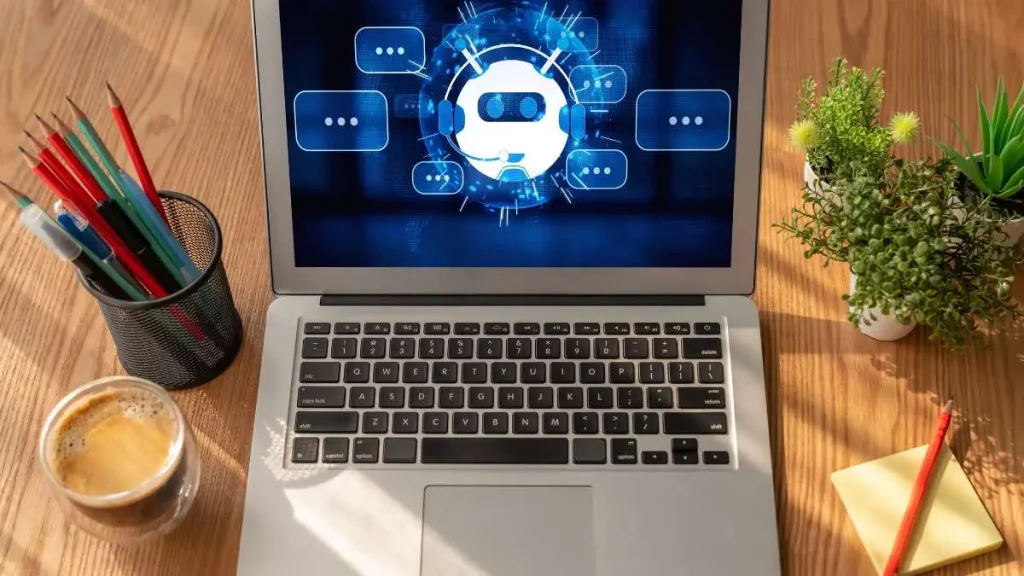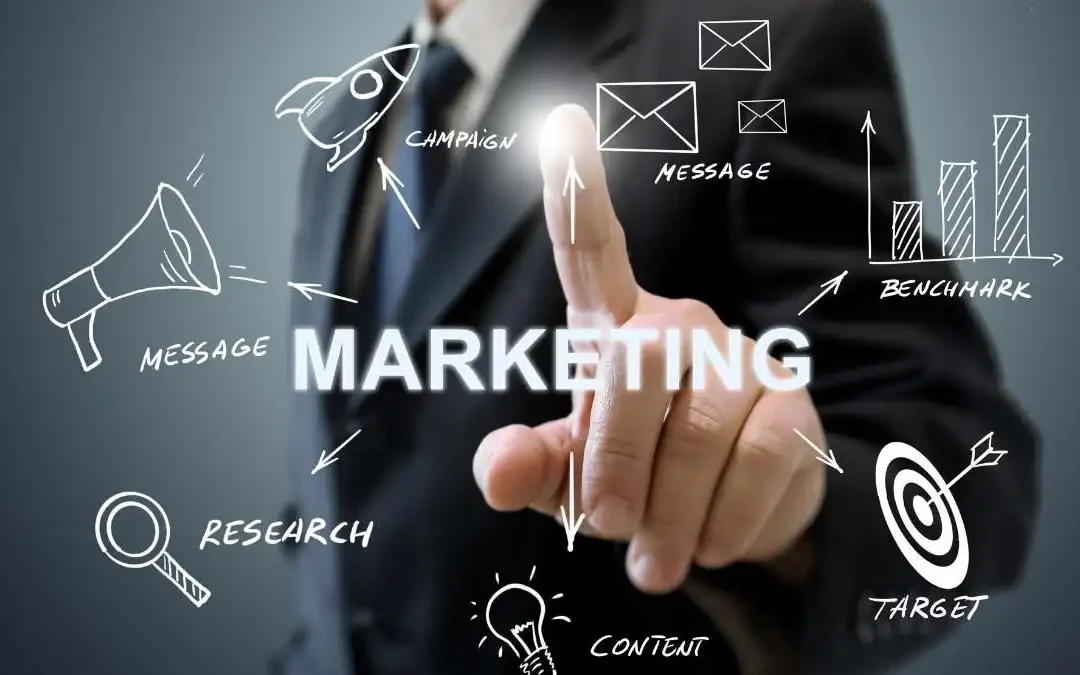AI Agents for marketing are autonomous systems based on artificial intelligence that perform complex and repetitive tasks, learning from data, interacting in real time and optimizing processes across multiple channels. Unlike traditional chatbots, they do not simply respond, but act proactively to achieve measurable goals: increased conversions, improved customer experience, reduced costs.
Updated on June 13th 2025
Estimated reading time: 4 minutes
Table of contents
Data and Trends 2025

The adoption of AI Agents for marketing is accelerating at an unprecedented rate, transforming the way companies plan, execute and measure their strategies.
- According to McKinsey, 92% of companies plan to increase their budgets for AI by 2027. This increase reflects a growing confidence in the tangible results that AI can generate, especially in areas such as customer journey automation and sales prediction.
- The MarketsandMarkets report estimates that the global market for AI agents in marketing will grow from $9.2 billion in 2023 to $47 billion by 2030, with a CAGR of over 26%. This trend is fueled by the growing demand for intelligent solutions for omnichannel engagement and content automation.
- Gartner predicts that by the end of 2025, 60% of companies will have implemented at least one AI agent in their marketing or customer service workflows. Furthermore, AI agents are set to become key players in the loyalty and brand reputation sectors, thanks to their ability to learn and respond in a manner consistent with the brand’s personality.
- Deloitte highlights how companies that adopt AI strategically are 3 times more likely to achieve above-average growth compared to less digitally advanced competitors.
These numbers demonstrate that investing now in AI Agents for marketing is not just a technological choice, but a strategic business decision to remain competitive in the near future.
Why implementing AI Agents for marketing
According to McKinsey, 78% of companies are already using AI technologies in their marketing and sales departments. Gartner predicts that by 2025, over 60% of organizations will have implemented AI agents in internal and external flows.
Key benefits:
- Scalable personalization of content and campaigns
- Automation of repetitive tasks (emails, CRM updates, follow-ups)
- Predictive analytics for faster, data-driven decisions
- Autonomous A/B testing and performance optimization
- Reduced acquisition costs thanks to more targeted lead generation
Where do AI Agents for marketing apply
AI Agents for Marketing are used in several areas:
- Content Creation and Personalization
Automatic generation of customized texts, images and videos - Ad Optimization
Real-time budget optimization on Google, Meta, TikTok - Customer Support
24/7 conversational agents - Lead Generation and Email Automation
Automated sequences and follow-ups
Lead qualification without human intervention - Real-time Analytics and Reporting
Automatically updated dashboards - Predictive insights into behaviors and conversions
- Support for marketing teams
AI co-pilots for brainstorming, benchmarking, corrections and debugging
How to Get Started with AI Agents for Marketing

What to know before starting with AI Agents for marketing
- Identify repetitive and scalable processes
Map recurring activities in marketing flows (newsletter sending, lead classification, campaign management) to understand where AI can bring greater efficiency.
- Select no-code or low-code AI tools for rapid implementation
Choose intuitive solutions that do not require in-depth technical knowledge, so that non-IT teams can easily adopt them.
- Run a pilot on a specific touchpoint
Start with a single area (such as email automation or lead management) to test the effectiveness of AI and collect feedback.
- Monitor KPIs and optimize with continuous feedback
Set clear metrics (CTR, conversion rate, response time) and analyze the results to correct and improve the AI agent in an iterative way.
- Expand adoption gradually
Once the pilot project is validated, implement AI agents on other channels or functions, maintaining a modular and scalable approach.
In conclusion
AI Agents for marketing are already a crucial competitive lever for those who want to optimize costs, increase campaign effectiveness and personalize at scale. Investing now means building a lasting advantage.
Faqs about AI Agents for marketing
It can create content, respond to customers, manage leads and optimize campaigns independently.
No, many solutions are no-code or intuitive to implement.
Yes, if monitored and updated in compliance with security and privacy policies.
Updated on June 13th 2025

